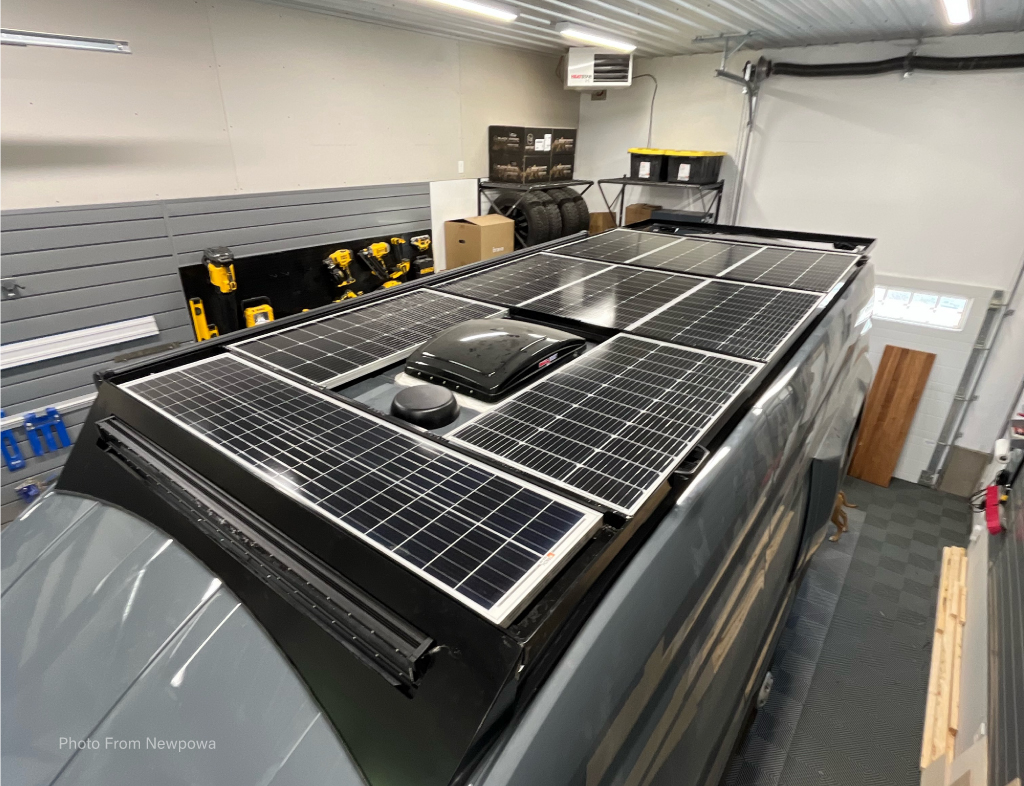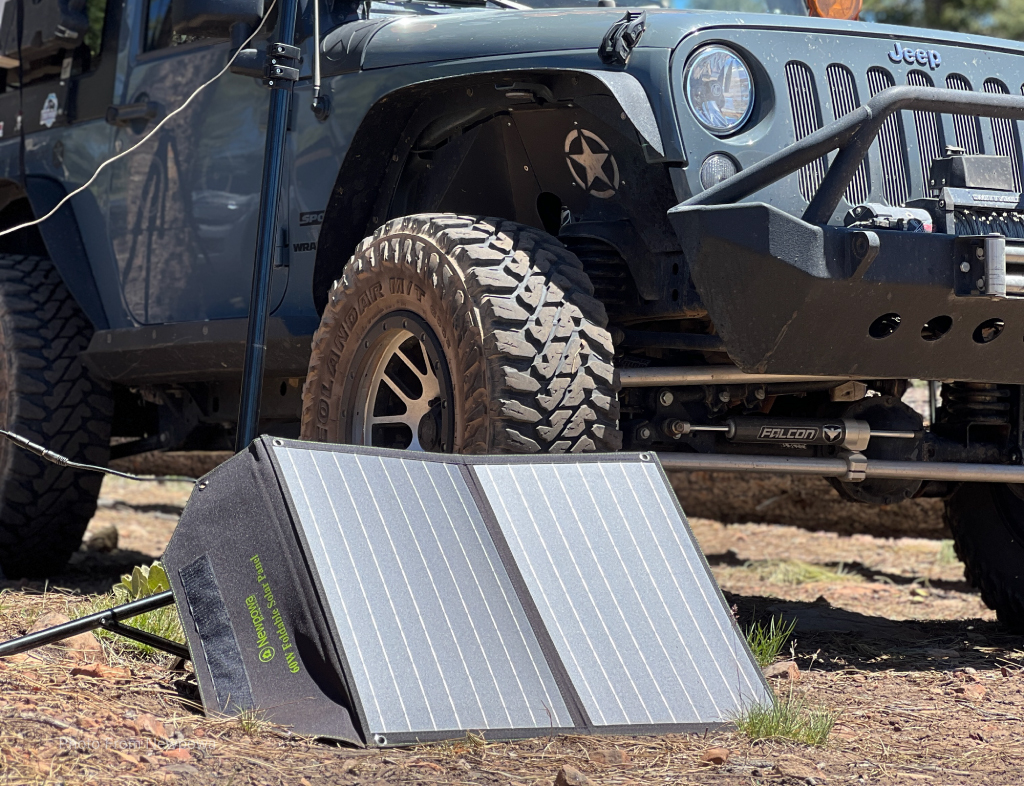CHOOSING THE RIGHT OFF-GRID SOLAR SYSTEM: A COMPREHENSIVE GUIDE
5th Nov 2024
Transitioning to an off-grid solar system offers freedom, sustainability, and self-sufficiency, but it also requires careful planning to ensure it meets your unique needs. From understanding energy consumption to factoring in storage and location, selecting the right system can be complex. Here’s a guide to help you navigate these essential considerations:

1. Assessing Your Energy Needs
Understanding your energy requirements is the first critical step. Begin by calculating your daily energy usage in kilowatt-hours (kWh). Consider all the appliances and devices you’ll use, including lights, refrigerators, computers, and heating or cooling systems. Each item will have a specific wattage that can be used to estimate its daily consumption. Remember that seasonal variations, such as increased air conditioning or heating needs, can impact your usage patterns. A clear understanding of your total energy demand ensures your solar system is adequately sized to meet your needs without underperforming.
2. Choosing the Right Battery Storage
In off-grid systems, battery storage plays a pivotal role in maintaining energy availability when the sun isn’t shining. Batteries store excess solar energy generated during the day for use at night or during cloudy periods. The two key factors to consider here are capacity and efficiency. Battery capacity is measured in kilowatt-hours (kWh) and should be large enough to store the surplus energy needed to cover your off-peak periods. Additionally, battery efficiency determines how much energy is lost during the charging and discharging cycles. Lithium-ion batteries are often preferred due to their high efficiency and longer lifespan compared to lead-acid batteries.
3. Factoring in Location and Sunlight Exposure
The geographical location of your system affects its energy production potential. The number of sunlight hours, seasonal variations, and the angle of the sun all play significant roles. Panels should be installed in an area with minimal shading throughout the day. If you live in a region with limited sunlight during certain seasons, ensure your system is designed with enough panel capacity to compensate. The angle at which panels are installed should also be optimized based on your latitude for maximum solar absorption.

Selecting the right off-grid solar system requires a balanced understanding of energy demand, storage, and environmental factors. By carefully assessing your needs and conditions, you can create a reliable and efficient system that will empower your off-grid living experience for years to come.
